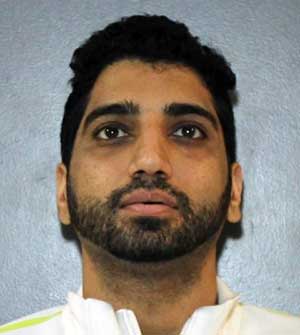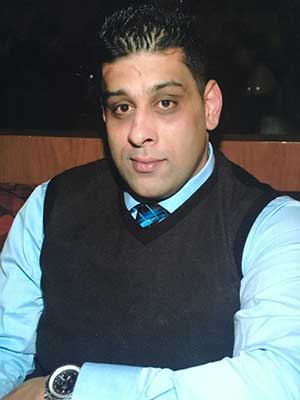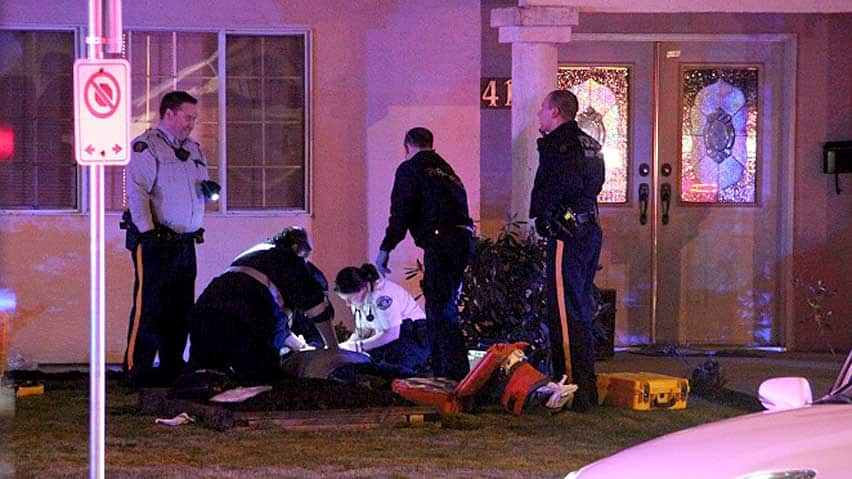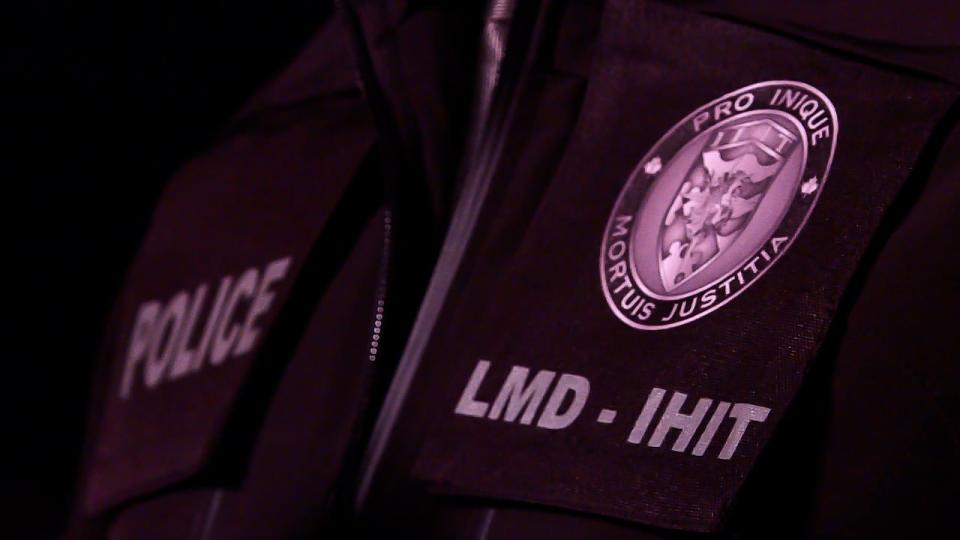Appeal court upholds decision that saw accused killer acquitted

B.C.'s appeal court has upheld a ruling that saw an accused killer acquitted after the exclusion of key evidence because of the "egregious" way police ignored the laws of search and seizure.
In a case that threatens to impact other trials, the province's top court said a B.C. Supreme Court judge was right to exclude a recording of screaming and gunshots from the trial of a man charged with second-degree murder in a 2011 road rage incident — even if the decision doomed the Crown's prospects of conviction.
"The court must not, in these circumstances interfere with the judge's discretionary decision to exclude evidence, even in the face of extremely serious offences that had tragic human consequences," the appeal court said in a ruling released Monday.
The appeal court ruling comes almost three years after Samandeep Singh Gill was acquitted of second-degree murder in the death of Manbir Singh Kajla. He was also acquitted of attempted murder for allegedly shooting at Kajla's wife, who cannot be identified under the provisions of a publication ban.
The acquittal came at a trial in which the Crown called no evidence after B.C. Supreme Court Justice David Masuhara said prosecutors couldn't use the alleged pocket-dial recording of the shooting because investigators failed to get permission needed to keep Gill's cellphone.

Manbir Singh Kajla was shot dead in 2011. The man accused of killing him was acquitted at a trial where the Crown called no evidence. (RCMP)
Masuhara found the province's Integrated Homicide Investigation Team (IHIT) had a "policy of deliberate non-compliance" with rules requiring officers to ask courts for extensions to keep items seized during investigations.
The lower court judge said hundreds of other IHIT files investigated may have been handled similarly — which led then-Attorney General David Eby to appoint an outside expert to explore the viability of an appeal.
The unanimous appeal court decision was written by Justice Harvey Groberman, who said Masuhara took a "reasonable approach to the issue" — despite the implications.
"The judge fully understood what was at stake in this case and made no reversible errors in his application of the law," the appeal court decision reads.
"The Crown, here, concedes that the flagrant and apparently deliberate breach of the law by police officers was egregious."
'A sensible approach'
According to the decision, Manbir Singh Kajla and his wife were driving through Surrey at about 11 p.m. on Apr. 27, 2011 when they noticed a white Toyota 4Runner being driven erratically.
The vehicle clipped Kajla's front bumper as he attempted to pass. Kajla stopped in front of the Toyota, climbed out of his car and exchanged words with the other driver, who then shot him from inside the SUV.

Manbir Singh Kajla was killed in an apparent incident of road rage in April 2011. The man accused in his death was acquitted after a judge excluded key evidence from trial. (CBC)
The killer shot at Kajla's wife after she exited the car and walked toward the Toyota. An autopsy later found that Kajla was shot twice — one bullet went through his heart.
In the weeks that followed, homicide investigators seized nine cellphones from Gill's home.
Police didn't find the audio recording until Feb. 2018 — when they obtained an order to search the iPhone after letting the case sit fallow for years.
As part of the lower court proceedings, Masuhara also found that police had "over-seized" items from Gill's home — taking cellphones that belonged to other members of his family because they didn't know which ones belonged to the suspect.
"[Masuhara] considered that the police are not entitled, in executing a search warrant, to cast their net so widely," the appeal court decision says.
"That is a sensible approach."
Policy to ignore rules
But it was the length of time investigators kept the evidence without seeking permission for extensions required by Section 490 of the Criminal Code that led Masuhara to a decision destined to torpedo the trial.
The law requires police to justify detention past three months of items that would otherwise engage the privacy and property rights of their owners. Once a person is charged, the evidence can be kept until the conclusion of the case.

B.C.'s Court of Appeal has upheld a judgment faulting B.C.'s Integrated Homicide Investigation Team for ignoring the rules of search and seizure. (Gian-Paolo Mendoza/CBC)
"Several years before the seizure in this case, IHIT officers had been directed by its senior management not to seek extensions of detention orders after the initial three-month authorization expired," the appeal court ruling says.
"They considered that seeking extensions would provide suspects with sensitive information as to the status of investigations."
Groberman noted that three senior Crown counsels and an RCMP lawyer all warned IHIT brass the unit "could face legal consequences for failures to abide by the requirements" but they ignored the advice until 2014, when the policy changed.
'Certain public outcry'
Investigators finally applied for continued detention of Gill's cellphones in January 2018 — but the appeal court ruling says that proceeding "did not make their detention for more than six years prior to that time lawful."
The appeal court ruling cites Masuhara's conclusions — which he knew "might cause certain public outcry and clear disappointment to those most interested in the case being decided on its merits."
"I must consider the long-term public perception related to the perceived endorsement of unlawful police activities," Masuhara wrote.
"To tacitly condone such egregious, institutional, systemic behaviour in disregard of legislative provisions and charter interests by a premier homicide investigation unit would have serious implications for the rule of law that I cannot abide."
In a statement to CBC Monday, Gill's lawyer Matthew Nathanson welcomed the appeal court ruling.
"We respectfully agree with the court's ruling. Both the Crown and the defence put forward their respective positions firmly and fairly," Nathanson said.
"The court of appeal has issued a judgment that is well-founded in law and consistent with the relevant authorities. This is exactly how the appellate process is supposed to work."


